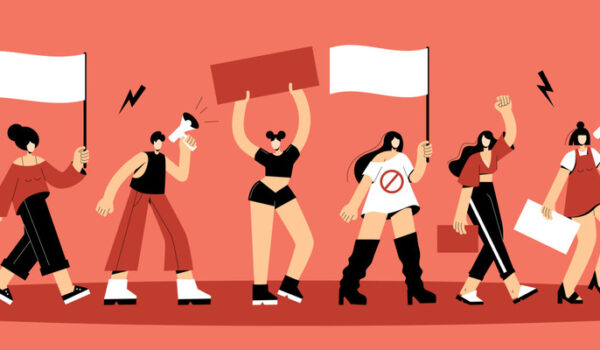Black Wall Street, situated in Tulsa’s Greenwood District, is a testament to African American resilience and prosperity amidst racism. Established in 1906 by O.W. Gurley, a Black entrepreneur, Greenwood quickly became a thriving community for African Americans seeking economic autonomy and social advancement.
Initially spanning 40 acres, Greenwood grew rapidly, boasting various businesses and services operated by Black entrepreneurs. By the 1920s, it was home to about 10,000 residents and featured flourishing enterprises such as hotels, grocery stores, theaters, and medical practices. Figures like J.B. Stradford and Dr. A.C. Jackson exemplified Greenwood’s entrepreneurial spirit and cultural vibrancy.
Greenwood’s success was bolstered by a strong economic infrastructure that allowed wealth to circulate within the community, fostering growth and stability. Beyond commerce, Greenwood thrived as a cultural and intellectual hub, nurturing churches, schools, and social organizations that united its residents.
The prosperity of Black Wall Street provoked resentment among neighboring white communities, culminating in the tragic events of May 31 and June 1, 1921. Following a disputed incident involving a Black man named Dick Rowland and a white woman, Sarah Page, violence erupted. A white mob descended on Greenwood, looting and burning homes and businesses. The massacre left over 35 city blocks in ruins, claimed hundreds of lives, and displaced thousands of residents.
Despite the devastation, Greenwood residents demonstrated resilience, returning to rebuild their community amidst ongoing racial discrimination and legal obstacles. While Greenwood never fully regained its pre-massacre prosperity, its legacy endured. In recent years, efforts to commemorate and educate about Black Wall Street have brought renewed attention to its significance.
The history of Black Wall Street underscores the achievements and struggles of African Americans in the face of systemic racism. Its rise, destruction, and ongoing legacy serve as a poignant reminder of the quest for economic empowerment and social justice. Remembering Black Wall Street is essential not only to honor its past but also to inspire continued efforts toward equality and justice for all.









Comments